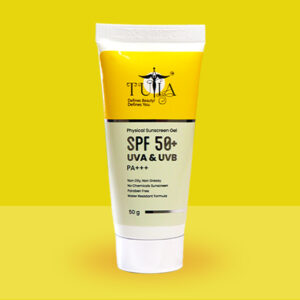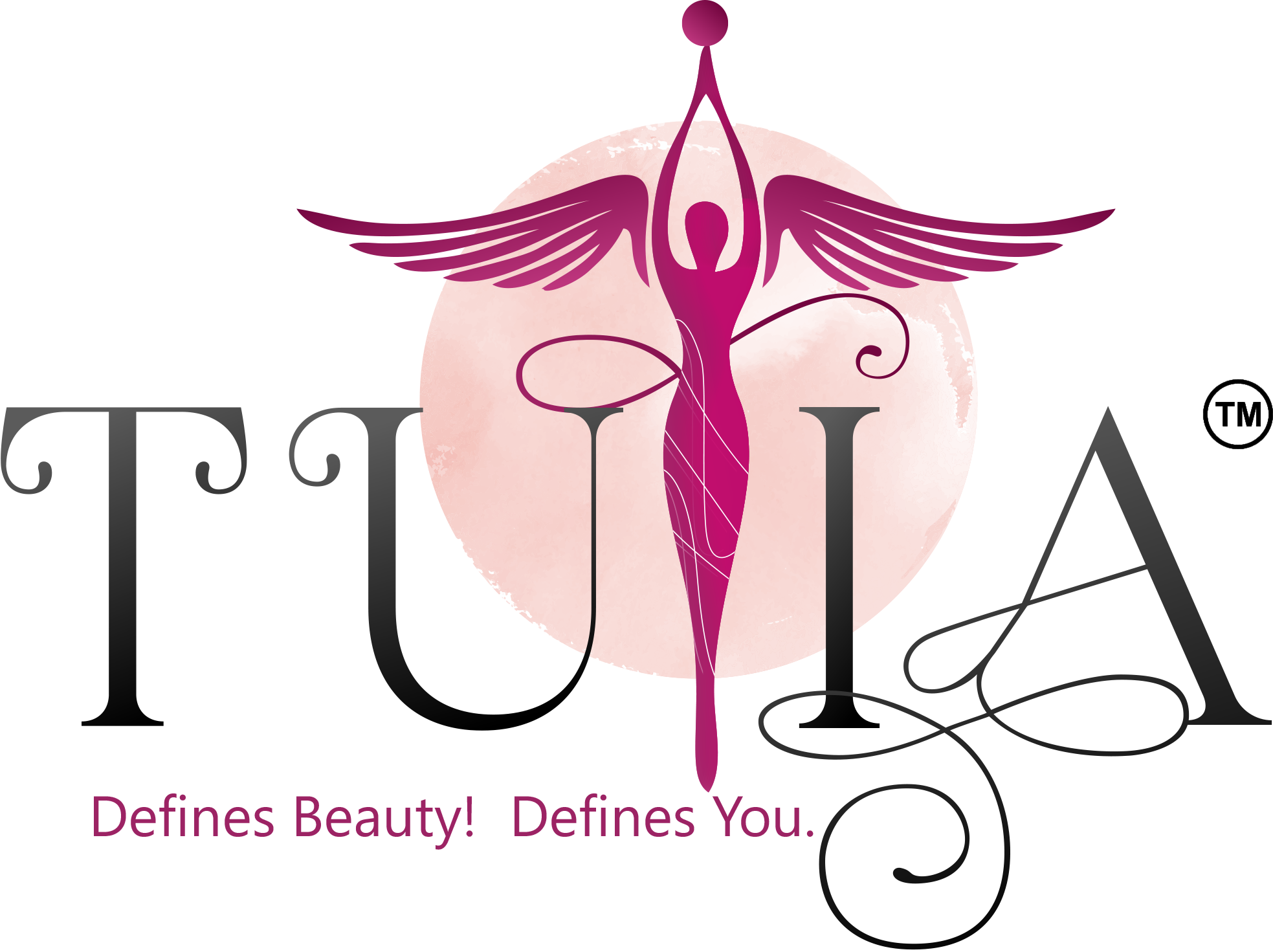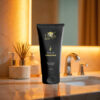
When it comes to sun protection, choosing the right sunscreen is crucial for maintaining healthy, radiant skin. But with so many options available, the debate between physical vs. chemical sunscreens continues to confuse many. If you’ve ever wondered which sunscreen type is best for you, this guide will break it all down. Plus, we’ll introduce you to a top-notch physical sunscreen gel that offers superior protection. Let’s dive in!
Understanding Physical and Chemical Sunscreens
Sunscreens fall into two main categories: physical (mineral) sunscreens and chemical sunscreens. Each type works differently to shield your skin from harmful UV rays.
- Physical Sunscreen: Also known as mineral sunscreen, this type forms a protective barrier on the skin’s surface, reflecting UV rays away before they can cause damage. The main active ingredients are zinc oxide and titanium dioxide.
- Chemical Sunscreen: These formulas absorb into the skin and use active ingredients such as oxybenzone, avobenzone, and octinoxate to absorb UV rays, converting them into heat that the skin then releases.
Now that we know the basics, let’s explore the advantages and disadvantages of each type to help you make an informed choice.
Advantages & Disadvantages of Physical Sunscreen
Advantages of Physical Sunscreen
✔ Immediate Protection – Unlike chemical sunscreens, which need about 20 minutes to absorb, physical sunscreen works the moment you apply it.
✔ Gentle on Sensitive Skin – Since it sits on the skin’s surface rather than being absorbed, it’s less likely to cause irritation or allergic reactions.
✔ Broad-Spectrum Protection – Zinc oxide and titanium dioxide provide excellent UVA and UVB protection.
✔ Environmentally Friendly – Many physical sunscreens, especially reef-safe formulations, do not contain harmful chemicals that contribute to coral bleaching.
✔ Long-Lasting – Since it doesn’t break down as quickly in sunlight, physical sunscreen often provides longer-lasting protection.
Disadvantages of Physical Sunscreen
✘ Thicker Formula – Some mineral sunscreens can feel heavy or leave a white cast, although advanced formulations like physical sunscreen gels offer a lightweight, non-greasy alternative.
✘ Easier to Rub Off – Because it sits on top of the skin, sweating or rubbing can reduce its effectiveness, requiring frequent reapplication.

Advantages & Disadvantages of Chemical Sunscreen
Advantages of Chemical Sunscreen
✔ Lightweight and Blendable – Many chemical sunscreens are lightweight and easy to apply without leaving a visible residue.
✔ Water-Resistant Formulations – Chemical sunscreens tend to be more resistant to water and sweat, making them great for sports and swimming.
✔ Less Product Needed – Since they absorb into the skin, a smaller amount can effectively protect large areas.
Disadvantages of Chemical Sunscreen
✘ Takes Time to Activate – You need to apply chemical sunscreen at least 20 minutes before sun exposure.
✘ Can Cause Skin Reactions – Some people may experience irritation, breakouts, or allergic reactions, especially those with sensitive skin.
✘ May Contribute to Coral Bleaching – Ingredients like oxybenzone and octinoxate have been linked to environmental damage, leading many places to ban their use.
Why Choose a Physical Sunscreen Gel?
If you love the idea of physical sunscreen but dislike the thick, chalky texture, a physical sunscreen gel is your perfect solution! Unlike traditional mineral sunscreens, gel formulations offer a lightweight, smooth application while still providing broad-spectrum SPF protection.
Benefits of Physical Sunscreen Gel:
- Non-Greasy & Lightweight: Absorbs easily without a heavy feel.
- No White Cast: Advanced formulas blend seamlessly into the skin.
- Soothing & Hydrating: Ideal for sensitive or acne-prone skin.
- Safe for All Skin Types: Works well on oily, dry, and combination skin.
For an effective and high-quality option, check out Tulia Cosmetics Physical Sunscreen Gel—a dermatologist-approved, non-irritating formula that keeps your skin protected without the greasy feel.
Final Thoughts: Which Sunscreen is Best for You?
The best sunscreen for you depends on your skin type, lifestyle, and personal preferences:
- If you have sensitive skin, prefer natural ingredients, or want an immediate shield, go for a physical sunscreen gel.
- If you need a lightweight, water-resistant option and don’t mind waiting for activation, a chemical sunscreen might be a better fit.
Regardless of your choice, applying sunscreen daily is the key to keeping your skin healthy, youthful, and protected from premature aging and skin damage. Choose wisely, protect your glow, and enjoy the sun safely!
Physical Sunscreen Gel

Tulia Physical Sunscreen Gel is a chemical-free sunscreen that provides ultimate protection from harmful UV rays. This broad-spectrum sunscreen shields the skin from both UVA and UVB rays with SPF 50+. It is formulated with Zinc Oxide, the only USFDA-approved ingredient for sun protection. Containing 25% Zinc Oxide - Zinclear, it is the most transparent Zinc Oxide in the world. Tulia Physical Sunscreen Gel won't leave any white patches on the skin due to its Index Match Technology. No waiting time is required after application.
Product Brand: Tulia cosmetics
Product Currency: INR
Product Price: ₹800.00
Product In-Stock: InStock
5



Add comment